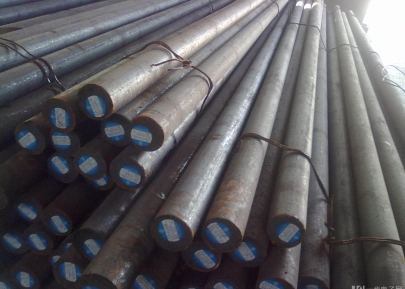Unlocking the Secrets of Die Base: How a Block of Raw Copper Transforms Manufacturing
When we think about manufacturing, we often consider complex machines and advanced technology. However, the truth is that the materials we use play a pivotal role in this process. One such material that sometimes flies under the radar is copper, particularly in the form of a block of raw copper. Let's dive into the fascinating world of die bases and explore how this seemingly simple block becomes essential in manufacturing.
What is a Die Base?
In manufacturing, a die base is a fundamental component in several applications, especially in molding processes. It serves as the foundation on which dies are mounted, ensuring accuracy and durability. The choice of die base material significantly impacts the overall effectiveness of the die. This is where our block of raw copper comes into play.
Properties of Copper in Die Bases
- Excellent thermal conductivity: Copper is known for its ability to conduct heat efficiently, making it ideal for processes requiring temperature control.
- Resistance to corrosion: This property helps maintain the integrity of the die base over time.
- Versatile working characteristics: Copper is relatively easy to machine and shape for specific needs.
These properties make copper a strong contender against other materials like aluminum, especially when we consider factors such as performance and longevity.
Comparing Copper to Aluminum Headers
When it comes to die bases, many manufacturers find themselves torn between choosing copper or aluminum. Here's a quick comparison of a copper vs aluminum heat block:
| Property | Copper | Aluminum |
|---|---|---|
| Thermal Conductivity | Excellent | Good |
| Weight | Heavier | Lighter |
| Machinability | Moderate | Good |
| Cost | Higher | Lower |
Liquid Copper Block Seal: An Innovative Solution
Another interesting development in the use of raw copper is its application in liquid copper block seal technology. This method enhances the properties of copper blocks, improving their efficiency in heat transfer and overall performance.
Key benefits of liquid copper block seals include:
- Improved heat dissipation
- Longer lifespan of the components
- Enhanced performance in high-stress environments
Frequently Asked Questions (FAQ)
Q: Why is copper preferred over aluminum for die bases?
A: Copper's superior thermal conductivity and corrosion resistance contribute to its preference in many manufacturing processes.
Q: Can aluminum be used effectively in manufacturing?
A: Yes, aluminum is a lightweight material that can be very effective for certain applications, but it often falls short in thermal performance compared to copper.
Conclusion
Understanding the role of a die base made from a block of raw copper provides insight into the manufacturing process. Copper's unmatched thermal conductivity, combined with its resistance to corrosion, makes it a valuable material for producing durable and efficient die bases. While aluminum has its advantages, copper emerges as the material of choice in situations requiring high performance. Ultimately, the choice will depend on the specific needs of the manufacturing process, but one thing is clear: copper continues to transform the landscape of manufacturing.



